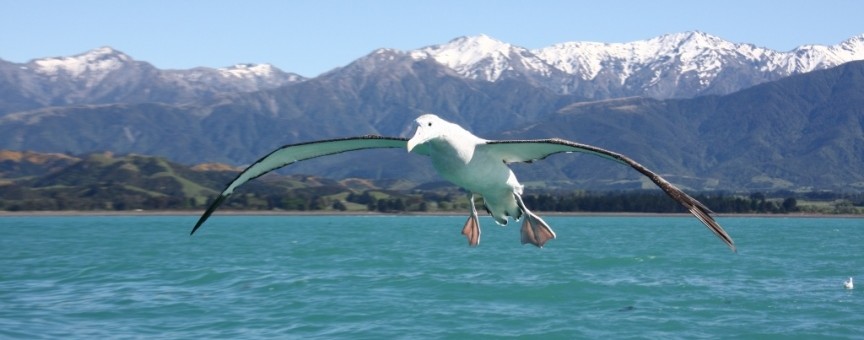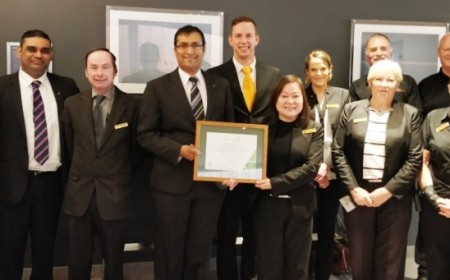Action on plastic
Twelve local and international businesses signed a declaration on 5 June 2018 to tackle plastic waste, Associate Environment Minister Eugenie Sage announced.
The businesses chose World Environment Day, with its theme of “Beat Plastic Pollution”, to commit to using 100% reusable, recyclable or compostable packaging in their New Zealand operations by 2025 or earlier.
New Zealand-based businesses that signed the NZ Plastic Packaging Declaration are Foodstuffs, Countdown, New Zealand Post and Frucor Suntory.
Other businesses include multinationals Amcor, Danone, L’Oréal, Mars, PepsiCo, The Coca-Cola Company, Unilever and Nestlé who by signing the New Zealand declaration, reaffirmed a pledge made earlier this year as part of the Ellen MacArthur Foundation’s New Plastics Economy initiative.
“These companies have drawn a line in the sand, pledging to do their bit to stem the tide of plastic waste and plastic pollution,” Eugenie Sage said.
“Signing the declaration is a significant and important step towards reducing the amount of plastic that we produce and helping end plastic pollution. I hope more businesses, regardless of size, join the declaration and start working to reduce their waste.”
Companies can sign up by contacting the Ministry for the Environment if they are able to demonstrate they can report on progress annually.
“We need action now. Scientists estimate that there are over 150 million tonnes of plastics in the ocean and, if nothing changes, plastic in oceans will weigh more than their fish by 2050.
“We need to move to a circular economy by designing waste out of our economic system and creating and buying products designed to have a long life, which can be easily disassembled so they can reused, recycled or composted.”
Eugenie Sage also announced $2.7 million in funding for local charity Sustainable Coastlines to develop an education programme and a national litter database.
“Sustainable Coastlines is already playing a critical role in mobilising New Zealanders to look after our beaches and rivers. Now they can do important work to test the effectiveness of different litter interventions, including educational approaches so we can work out how to best change litter behaviour.”
The programme will train ‘Citizen Scientists’ across the country to input their own data using a standard methodology. Educators will be trained nationwide with resources and evaluation tools to deliver effective education that reduces littering.





